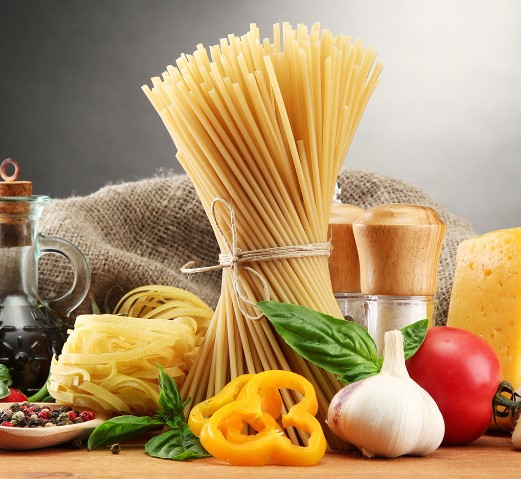Probiotics could boost cow productivity and make meat safer, study finds

Scientists from the Saint Petersburg State Agrarian University (SPbSAU) and specialists from the companies Gatchinskoye and Biotrof+ have determined how a probiotic feed supplement based on Bacillus sp. (a genus of gram-positive rod-shaped bacteria) improves digestion and the composition of the rumen and intestinal microbiota, as well as affects the health of the uterus.
During the study , ten cows from the experimental group were given the probiotic daily for three weeks before and for three weeks after calving. The control group, also consisting of ten animals, received a standard diet . In addition, the scientists collected scrapings from the uterine lining of three cows from each group.
Using polymerase chain reaction, which allows bacterial species to be identified using DNA, scientists discovered that the probiotic significantly reduced the number of pathogenic bacteria that cause inflammation in the reproductive system. Furthermore, animals in the experimental group were more quickly ready for the next fertilization. This demonstrates that probiotic use can improve productivity and reduce the use of antibiotics and other medications, reducing the risk of their contamination of the human food supply .
"These results demonstrate the importance of monitoring the uterine microbiota of animals during pregnancy and milk production. Regular testing and the use of dietary supplements can help promptly identify any abnormalities in cows' health and take appropriate measures, significantly reducing the risk of complications," said project leader Elena Yıldırım, Doctor of Biological Sciences and Professor at St. Petersburg State Agrarian University.
Antibiotic-free farms
In the future, the authors plan to use biopreparations that directly target the uterine microbiota. This approach will enhance the beneficial effects of probiotics and localize their action to the most vulnerable site. These preparations will contain carefully selected cultures capable of restoring the natural balance of the microbiota, strengthening the protective properties of the mucous membrane, and preventing inflammatory reactions, thereby creating favorable conditions for pregnancy and increasing fertility.
Microflora plays a vital role in providing animals with complete protein, the amino acid composition of which depends on the feed composition of their diet, highlighting the importance of supplements in livestock farming, Sergey Kosogor, head of the Smart Supply Chains segment of the NTI FoodNet working group, told Izvestia. Furthermore, probiotics can be used for disinfecting premises and treating manure, and their use can significantly reduce bacterial contamination on farms.
"The scientists' development is of great importance, as the use of biologically active supplements in addition to the main diet of dairy cows promotes metabolic activity, influences the structure of the intestinal mucosa, and determines its resistance to colonization, which also causes changes in the animals' blood biochemistry. Furthermore, probiotics inhibit the growth of pathogenic bacteria, enhance immune defense, help regulate intestinal pH, and reduce animal treatment costs ," the specialist noted.
He also emphasized the importance of being able to eliminate antibiotics in beef and milk production.
Adding prebiotics to cows' diets can indeed have a positive effect on milk production, including calving frequency and milk quality, Regina Gurina, associate professor at the RUDN University Institute of Agrarian Technology, told Izvestia.
"Prebiotics can help increase milk yield, improve milk composition (for example, by increasing protein and fat content), and reduce somatic cell counts, which indicates improved mammary gland health . However, results may depend on the type of prebiotic, dosage, and the overall health of the herd, so recommendations for use should be tailored to the specific needs of the farm and under the supervision of a veterinarian," the specialist said.
The results of the study, supported by a grant from the Russian Science Foundation (RSF), were published in the journal Vestnik KrasSAU.



























































